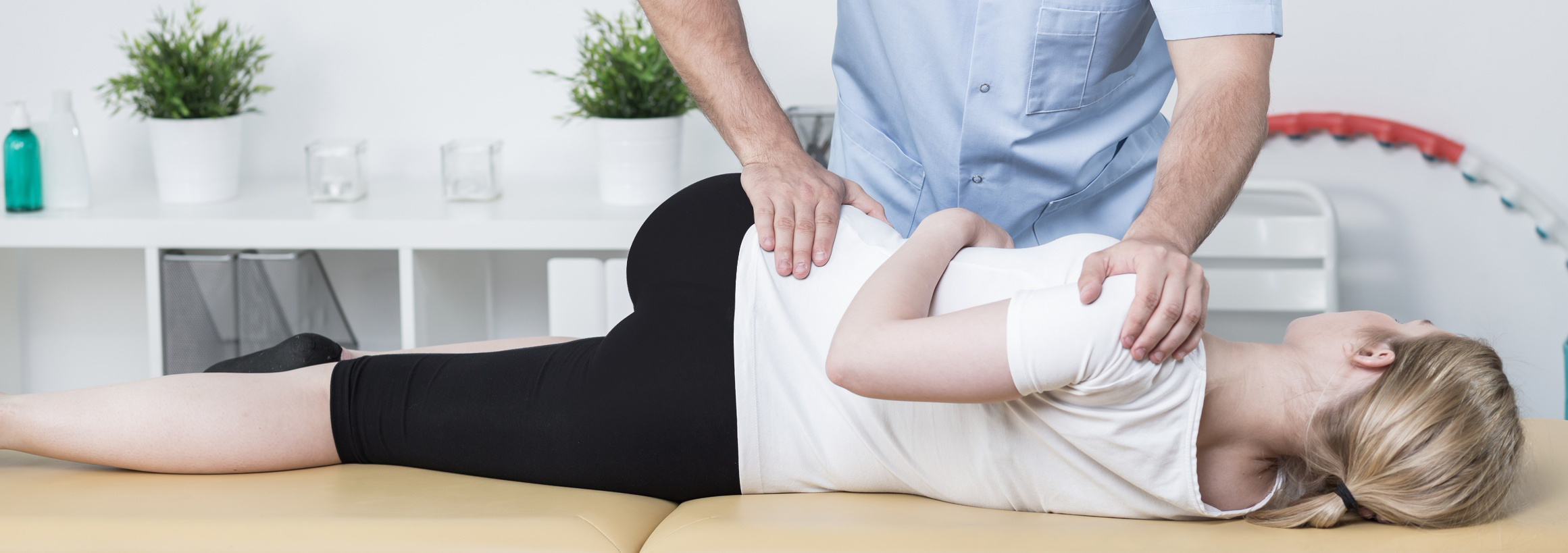Spine Care and Prevention

There are ways to decrease your risk of injury and ensure a healthy spine throughout all stages of life.
Eat Well
- Make healthy food choices and eat balanced meals throughout the day. Nutrient rich foods provide essential vitamins and minerals to bones, muscles and tissues.
- Healthy eating habits promote a healthy body weight. Extra weight can cause undue stress to the spine.
- Drink plenty of water. The spinal cord is made up of approximately 60% water. If you are dehydrated, your spine will be affected.
- Limit caffeine and alcohol intake.
- If you smoke, quit. Smoking impairs blood flow and decreases oxygen absorption which negatively impacts all body systems.
Be Active
- Exercise is important to overall health. The Public Health Agency of Canada recommends at least 2.5 hours of vigorous activity per week (30 minutes of activity 5 times a week).
- Take 5-10 minutes before and after each activity to warm up and cool down. Stretching reduces the risk of injury.
- When lifting items, lift correctly. Avoid picking up heavy items directly from the ground if possible. When picking up an item, bend with your knees, tuck in your pelvis and hug the load.
- Pay close attention to body posture, especially when seated for long periods of time. Take frequent, short breaks or stand up periodically.
Reduce Stress
- When at all possible, prevent and reduce stress in your life. Stress can cause muscles to tense up, headaches, and other body aches. Acute stress may also lower your immune system and make you susceptible to viruses and other illness.
- Get plenty of rest and stick to a regular sleep schedule. 8 hours of sleep each night is recommended for adults.
- Develop effective ways for your body and mind to deal with stress: Going for a walk, taking up a yoga class or reading a book are just some options that may help you cope.
Seasonal tips to prevent common spine injury and related conditions:
- Golfing Tips
- Gardening Tips
- Holidays can be a Pain in the Neck
- Hit the Slopes Gently
- Children & School Backpack Program
Preventing Spinal Surgery
Spine surgery may not always be the correct recommendation or treatment. Individuals experiencing chronic back pain who have been advised to consider surgical alternatives without having attended a chiropractic doctor may not have been given an opportunity to provide informed consent. If a second opinion has not been recommended you should not hesitate to seek one on your own.
Research & Education
University based research is leading better understanding on spine and related conditions. Education and standards are key to early diagnosis, correct care and better outcome.

Comments are closed.